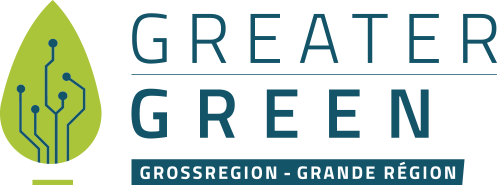
Circular Economy and Recycling
The principles of the circular economy are based on the fact that production processes without a closed cycle of material use have no future in a world of finite resources. In the foreseeable future fossil fuels will be used up and the opportunities to dispose of the inevitable waste materials of chemical production will be exhausted as well. The circular economy takes the materials cycle of nature as an example and tries to use materials and resources as long and as efficiently as possible through intelligent and cascading use with zero waste and zero emissions.
Waste Recycling
Waste recovery is the reuse, recycling or thermic reuse of waste or at least a part of waste. The return of recyclable materials or material recovery is usually carried out by the following measures:
- Recycling
The recyclable materials are used to produce the same or largely equivalent materials for reuse in production processes already carried out in the past, with partial or complete dissolution and change in shape. Examples include waste glass being transformed into new glass or the recycling of paper.
- Further utilisation
After a different production process than the initial one, material or products with different characteristics and/or a different shape are generated from the recyclable material for a different use. That means application in not yet undergone production processes through transformation (loss of material identity or change of shape, e.g. yoghurt cups to park benches).


